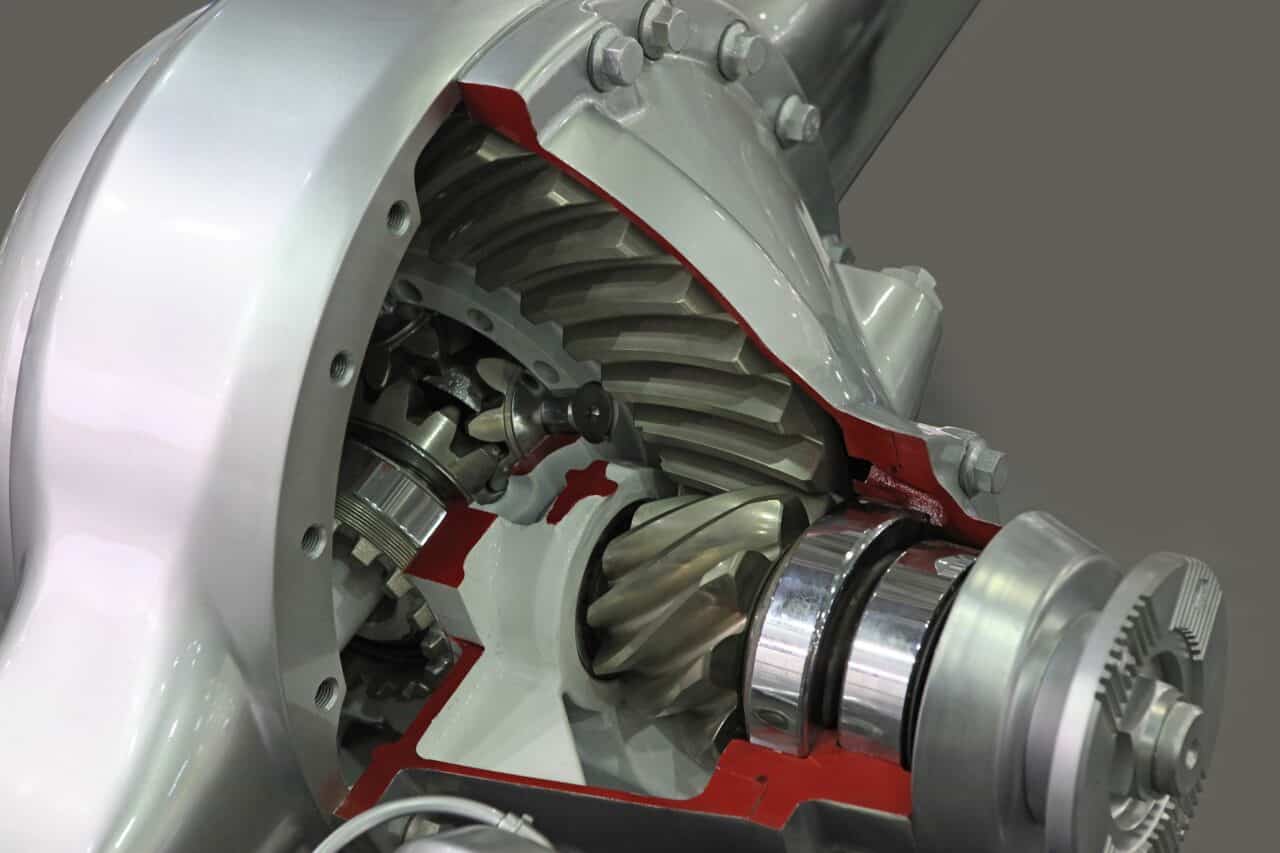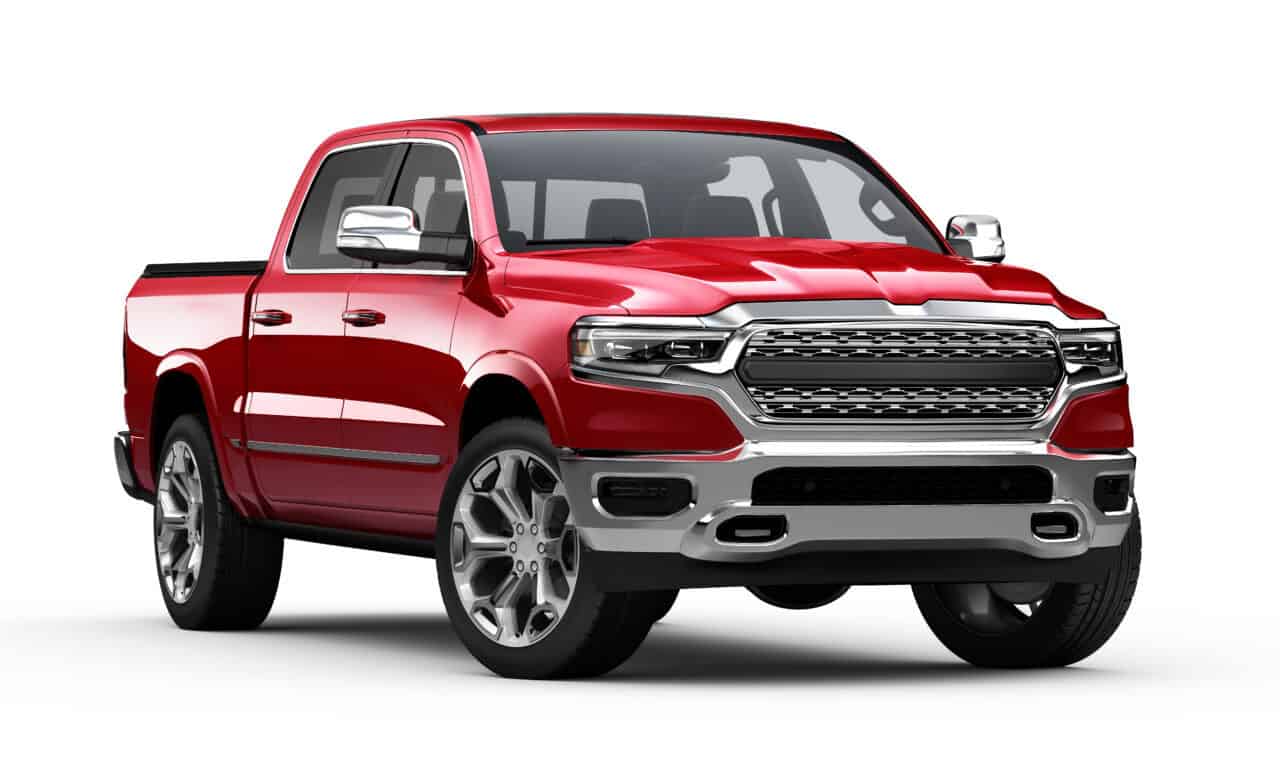Does the Chevy Colorado Have a Locking Differential?
If you are trying to find out if the Chevy Colorado is the right truck for you, you probably want to know if it is equipped with the right kind of differential for your purposes. Many people want locking differentials in their trucks, and knowing what your truck can handle is a key part of making the best choice for your needs.
The Chevrolet Colorado is a truck that has an open differential for clean driving but is equipped with an automatic locking differential on the rear axle. This helps the truck to make smooth turns while still being ready to propel you out of a tough spot.
Let’s take a look at what the differential on this truck has to offer.
Mechanical Differentials
First of all, we need to understand what a differential is when we’re talking about vehicles. A car produces a certain amount of turning power, called torque. This torque must be divided among the different powered wheels or axles of a car in order to make the wheels turn. This power division is controlled by the differential.
Simply stated, a differential is a gearbox on a truck’s axles that is connected to the engine’s crankshaft. The differential has several gears which connect with one another to allow the wheels on the car to spin faster than one another. This is done by mounting one gear on another gear in such a way that the second gear is perpendicular to the first. By setting these two gears on different axles and yet connected to one another, the axle shafts that the wheels spin on can take the same power from the engine and spin at their own rates.
So you might be wondering, why would anyone need to make a truck that has wheels that are free to spin at different speeds? Well, the truth is that your wheels spin at different speeds all the time. The most common occurrence of this is while you are performing a turn.
While the vehicle is turning, the wheels on the car that are on the outside of the turn are being made to travel a further distance. However, if the wheels were connected on the same axle, the inside wheel would be forced to turn just as fast and just as much. It would grind itself into the ground, being spun by the other wheel but trapped in place by the car itself.
In order to keep the wheel from grinding and wearing itself out, each wheel must be kept free to rotate as it needs to while receiving the right amount of torque (turning power) from the engine. That way, when you are making a turn, or when one of your wheels is riding on a different material than another, your car has gears in place that will automatically allow for your wheels to turn as they should.

Open Differentials and Locking Differentials
When it comes to differentials, there are two main stereotypes. The first is an open differential. With this kind of differential, the wheels are free to turn at their own speeds, with each wheel having access to half of the engine’s torque. While riding down the road, each wheel receives half of the power, keeping the wheels independently rolling.
There is a problem with this kind of differential, however, if your truck is driving offroad, it could easily get maneuvered into a position in which one of your wheels is hanging above the road. In this situation, the opposite wheel that is on the ground will need to force your car past the uneven ground.
However, with only half of the truck’s torque at its disposal, it may have a tough time and end up getting stuck. Half of the engine’s power is going towards freeing your car from the rough spot, and the other half is making a wheel spin uselessly in the air.
In order to solve this problem, some vehicles have what is called a locking differential. A locking differential can be engaged to lock the opposite axles of your truck together, uniting their power. If your car had a locking differential when it got caught offroad, there would be no spinning, airborne wheel. All of the torque of your truck could be leveraged to roll you out of your situation.
While you wouldn’t ever want to use a locking differential on a turning highway, it is a powerful piece of machinery that lets a truck put a lot more power into play.
The Chevrolet Colorado

A Chevy Colorado is a powerful truck, with a lot of torque at its disposal. Depending on your model (and more specifically, depending on the engine that you have), it could supply a wide range of pound-feet. This metric (lbs-ft) refers to how many pounds of leverage something has. For example, if you had a 1-foot long wrench on a bolt, and you put ten pounds of force on it, you would have generated ten lbs-ft. This is the same amount of torque that would be generated if you put 5 pounds of force on a 2-foot long wrench.
The Chevy Colorado is capable of producing as much as 360 lbs-ft of torque, which is quite an impressive amount. While there are certainly trucks that can provide more, 360 lbs-ft is enough for just about any situation. Thanks to the automatic locking differential that the Chevy Colorado has, all of that power can be concentrated to where you need it most.
This automatic locking differential keeps the truck on an open differential until it senses that you need some extra power. Maybe the wheels are spinning way too out of sync, or maybe there’s too much weight on one side of the car. Whatever the reason, the Chevy Colorado will notice the change and will automatically engage the locking differential, providing you with the full might of the engine’s torque.
Because of this feature, the Chevy Colorado is a great off-roading vehicle, capable of hauling firewood or what have you through difficult terrain. As mechanical engineering continues to develop, we may soon see trucks with even greater capabilities.
